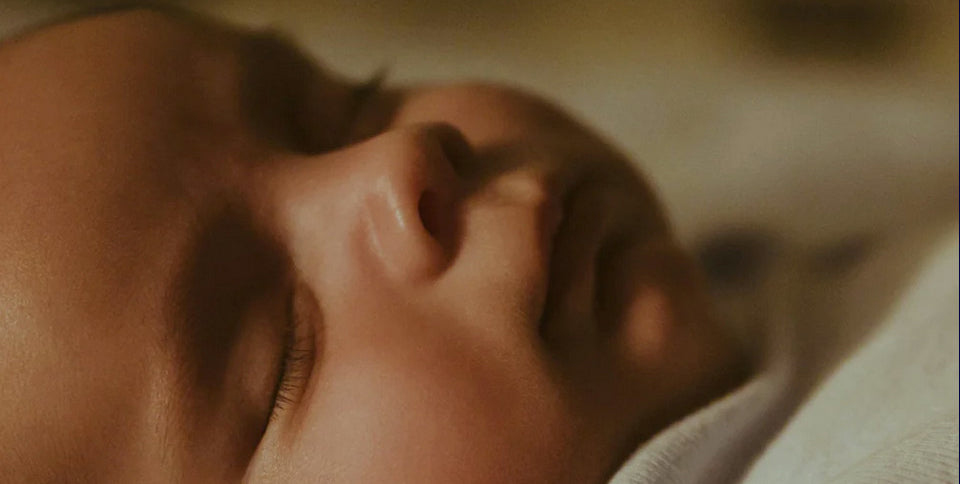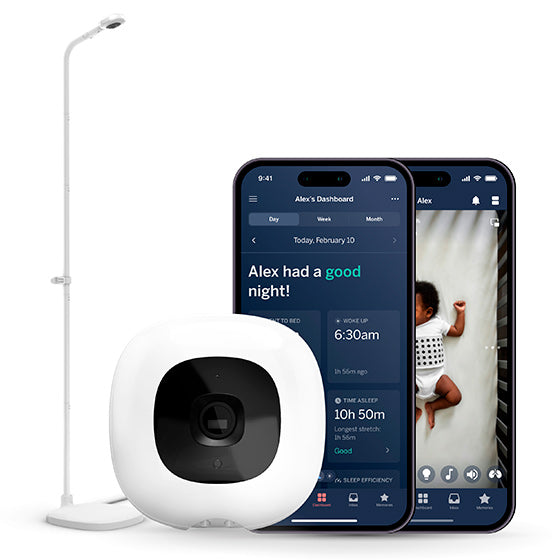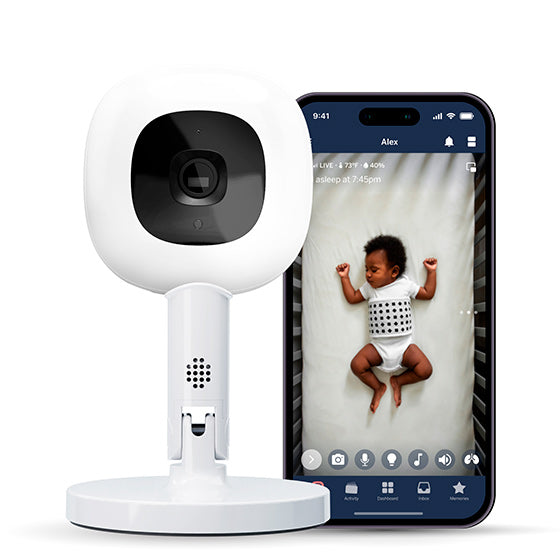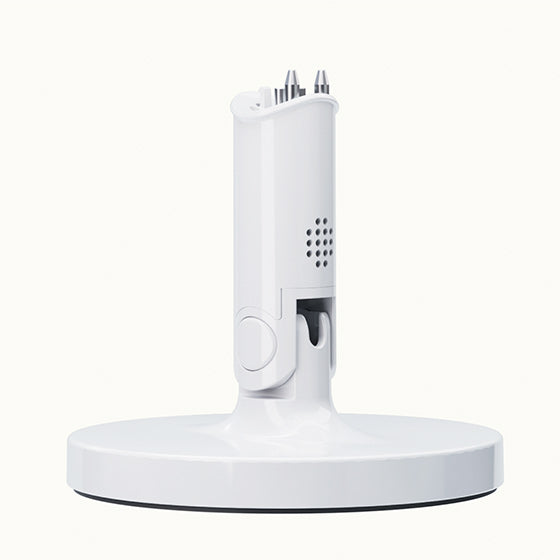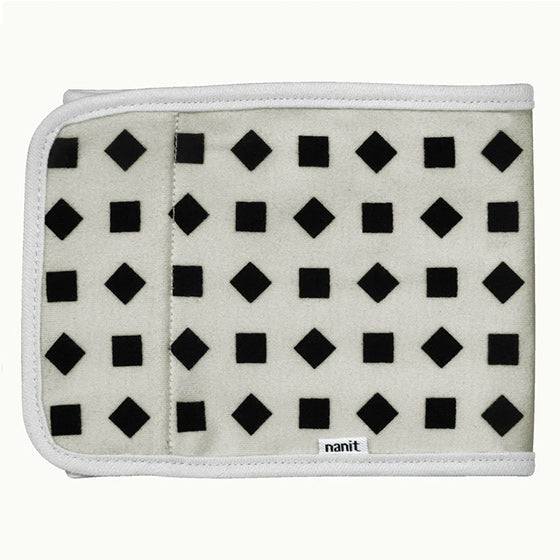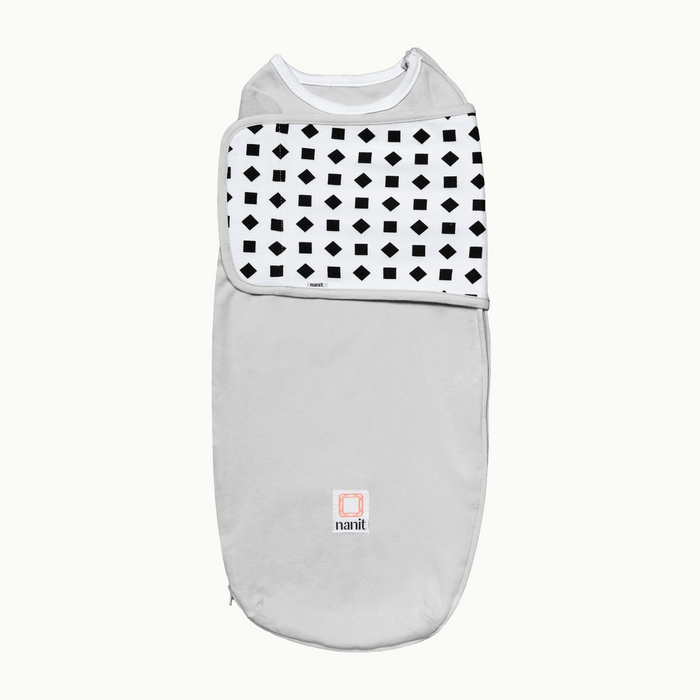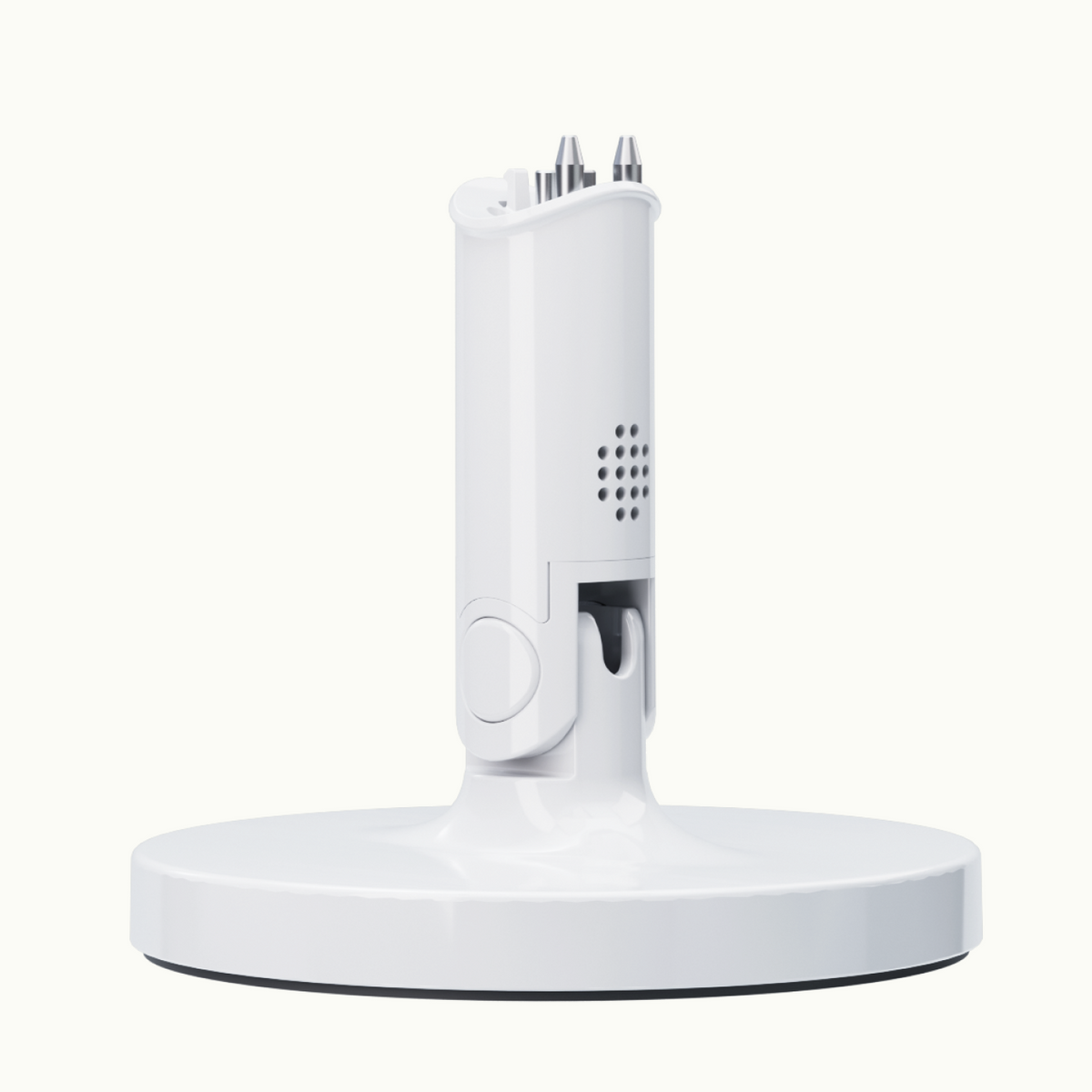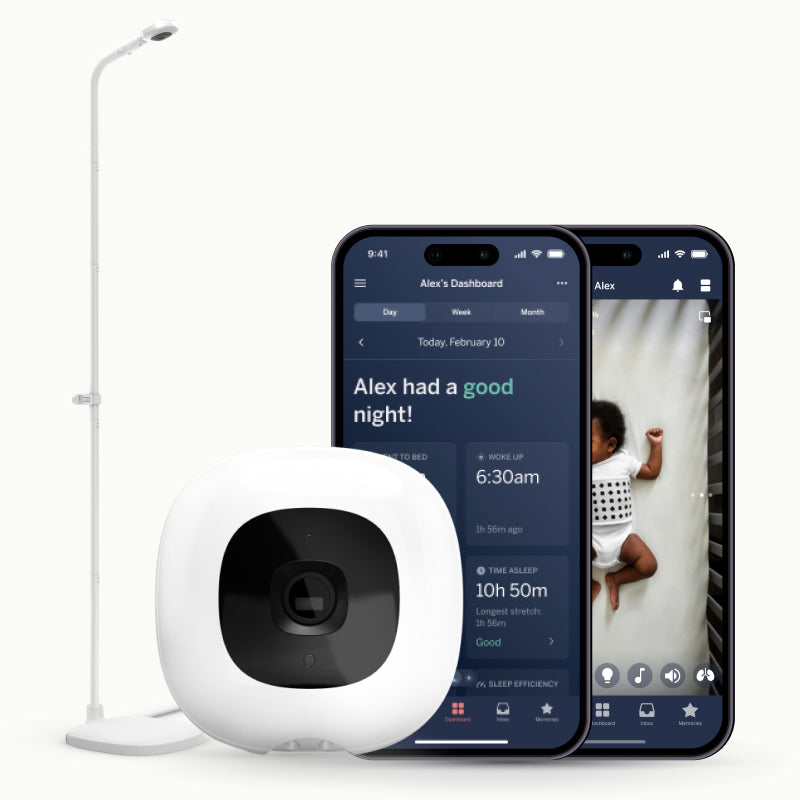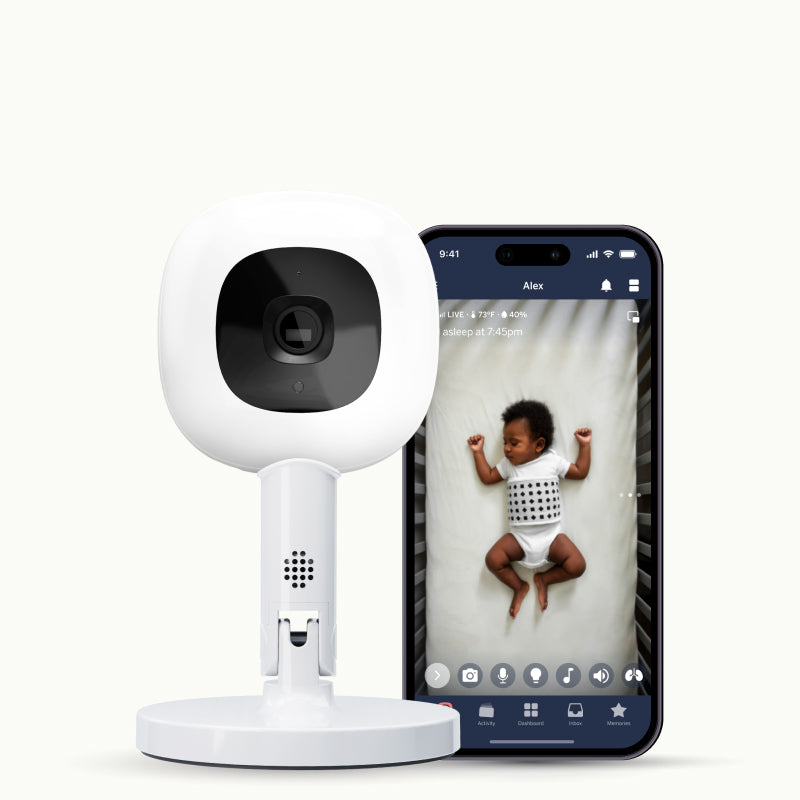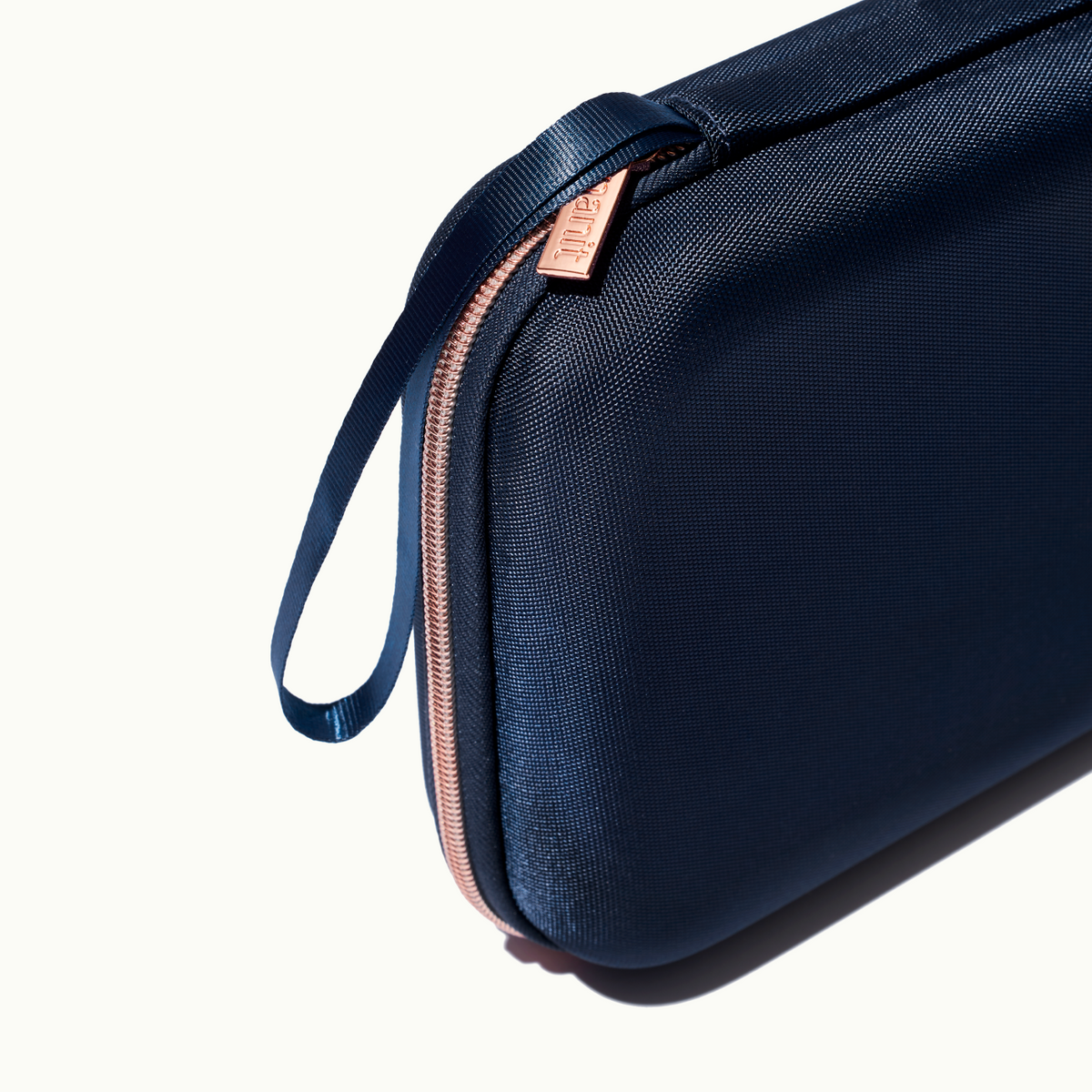Sooyeon (Aly) Suh, Natalie Barnett, Assaf Glazer
Presented at the 1st WINK Sleep Conference: The NEXT GENERATION 2021
Abstract
Objectives
Investigating the role of parental cognitions about baby's sleep that affects both parent's and baby's sleep.
Methods
1,891, parents with children ages 6-36 mo completed the PUMBA-Q (Parent's Unrealistic and Maladaptive Beliefs About baby's sleep Questionnaire), the BISQ (Brief Infant Sleep Questionnaire), ISI (Insomnia Severity Index), MCISQ (Maternal Cognitions about Infant Sleep Questionnaire, and DBAS-30 (Dysfunctional Beliefs and Attitudes about Sleep). Objective infant sleep data and number of parental visits were collected using videosomnography.
Results
The PUMBA-Q was significantly associated with DBAS (r=.39, p<.01), ISI (r=.39, p<.01), Objective TST (-.27, p<.01), Objective SOL (-.06, p<.01), Parental visits (r=.28, p<.01), and BISQ scores (r=-.51, p<.01). Parents with high PUMBA-Q scores, with the individuals in the High group having the highest ISI scores (p<.05). More maladaptive cognitions about the baby's sleep was associated with baby's objective sleep, with the Low group sleeping 623 minutes compared to the Middle (603 minutes) and High group (590 minutes; p<.05).
Implications
Most infant sleep interventions are focused on behavioral interventions. Currently, there is little to no focus on parental cognitions as a target for intervention. Parental cognitions are a modifiable factor that may serve as a target for intervention in sleep problems in children.
About the Researchers
The researchers included Sooyeon (Aly) Suh, Natalie Barnett, and Assaf Glazer.

- Dr. Sooyeon (Aly) Suh is a clinical health psychologist and professor of psychology at Sungshin University, Dept. of Psychology. Broadly, her main interests lie in understanding how behavioral and psychological factors interact with physical health and eventually develop into chronic illness. Her specific interests are in behavioral sleep medicine, especially developing psychological treatments for sleep disorders. She is also very interested in women's mental health issues.
- Dr. Natalie Barnett serves as VP of Clinical Research at Nanit. Natalie initiated sleep research collaborations at Nanit and in her current role, Natalie oversees collaborations with researchers at hospitals and universities around the world who use the Nanit camera to better understand pediatric sleep and leads the internal sleep and development research programs at Nanit. Natalie holds a Ph.D. in Genetics from the University of New England in Australia and a Postgraduate Certificate in Pediatric Sleep Science from the University of Western Australia. Natalie was an Assistant Professor in the Neurogenetics Unit at NYU School of Medicine prior to joining Nanit. Natalie is also the voice of Nanit's science-backed, personalized sleep tips delivered to users throughout their baby's first few years.

